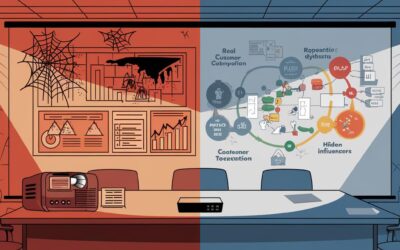In our ongoing Transformation Series, we explore what truly makes a workplace exceptional—beyond certifications like GPTW (Great Place to Work).
Having worked with outstanding organizations over four decades, I’ve witnessed firsthand what sets a company apart as a fantastic place to work, regardless of official certifications. Here are some key aspects that make these workplaces stand out:
- Equal Treatment:
In this organization, there was no distinction between hierarchies. Every employee, from top management to workmen, was treated fairly and equitably. Special favors based on position were non-existent, fostering a strong sense of equality among all team members.For instance, when an employee with a modest salary faced a family medical emergency, the CHRO acted promptly to ensure they received the necessary support, without needing approval from the CEO or CFO. Not that the CEO or CFO wouldn’t have approved, but the employee came first, and the CHRO was empowered to act decisively. - Focus on Performance:
Clear and transparent performance expectations were established, with mechanisms to address any disagreements between employees and managers during appraisals. This ensured that performance was prioritized while minimizing discord among the workforce. - Continuous Learning:
Constant training and upskilling were emphasized. Employees were required to attend specified behavioral and skill development sessions. The HR function played a proactive role in identifying individual development needs and contributing to a highly skilled workforce. - Inclusive Environment:
Engagement extended beyond employees to include their families. Activities involving spouses, children, and parents created a sense of extended family within the organization, enhancing overall satisfaction and connection. - Comprehensive Benefits:
Understanding that salary alone isn’t enough to retain employees, the organization offered a range of benefits, including medical and post-retirement plans. This holistic approach to employee well-being made employees think twice before considering leaving.
While these initiatives required significant investment, the companies saw them as essential to employee well-being—not just expenses. In an era where financial metrics often overshadow such values, these principles remain integral, even as organizations strive for certifications like GPTW.






